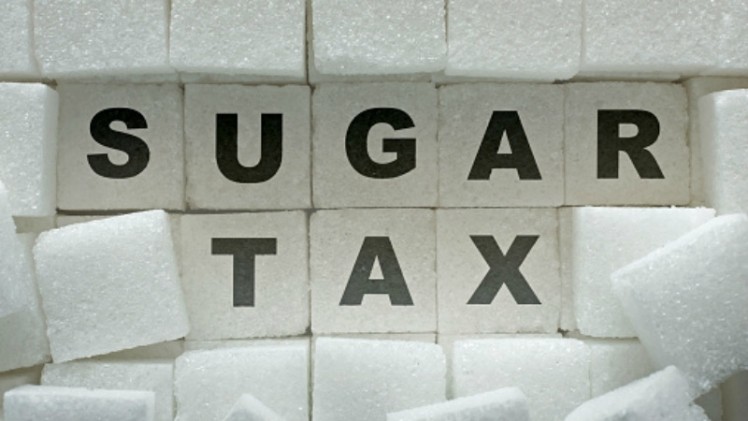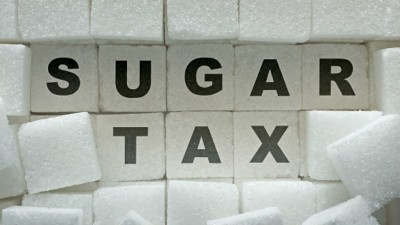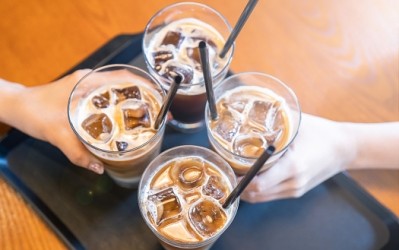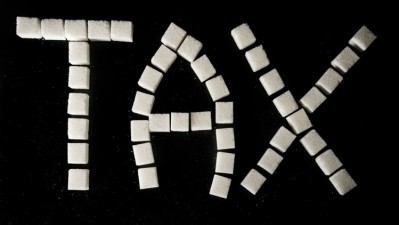Consumers already ‘get it’: Kiwi industry rages at latest sugar tax study

Katharine Rich, chief executive of the Food and Grocery Council, believes that consumption of sugary drinks has dropped more significantly than in any of the countries that have tried to introduce a tax, simply because “the message to reduce is getting through and there are now more no- and low-sugar options available”.
Moreover, while consumption has been falling in the absence of a tax, obesity rates have been climbing or static, adding fuel to Rich’s argument.
“This has been helped by the fact that our members have not been selling sugary drinks to schools since 2010 or target their advertising at children,” she added.
A claim by university researchers last month that a 10% tax on sugary drinks would reduce long-term consumption by 10% most recently caught the ire of the indefatigable opponent of sugar taxes.
In a study that combined the outcomes of taxes where they had been applied, including American cities, a Spanish region, Chile, France and Mexico, the original tax setter, Otago University academics found there to be “compelling evidence that sugary drink taxes result in decreased sales, purchasing or dietary intake of taxed beverages” and that “for a 10% tax, sugary drink volumes declined by an average of 10%”.
Rich’s view, however, is that there may have been a reduction in consumption in the short-term, but over time that has not been not sustained.
“We have seen sales figures from Mexico, the first place to introduce a tax, and they show that though there was an initial drop of 3%, within a year sales were back to pre-tax levels,” she said.
“You can’t disagree with sales figures, and that’s what they show. There was an initial consumer reaction, but sales over time crept back up and in the end the tax made no dent in consumption.
“It didn’t work there and it won’t work here. Certainly in Ohio and Maine, the research concluded there was no noticeable effect,” she added.


















